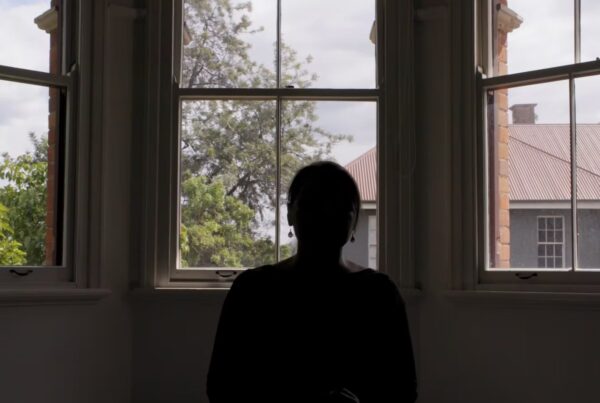After several weeks of uncertainty, an unbalanced initial proposal from the state government, a valiant advocacy effort on the REIQ’s part, and a strong backlash from property owners throughout Queensland, the new COVID-19 Tenancy Laws were finally passed on 24th April.
While still offering much-needed protection for those tenants who have been affected by COVID-19, the new laws (which expire on 31st December 2020) provide a good framework, setting out clear guidelines and criteria that will assist greatly to produce successful outcomes for all parties.
The full details are available in the Residential Tenancies Practice Guide, but below is a summary of the main points.
First Question: IS THE TENANCY COVID-19 IMPACTED?
Most of the new laws only pertain to tenancies which have been ‘COVID-19 Impacted’. But what does this mean?
A tenancy is ‘COVID-19 impacted’ if:
- A person has suffered or is suffering excessive hardship due to the COVID-19 emergency if during the emergency period any of the following apply:
- they or someone they care for are afflicted by COVID-19
- they are subject to a quarantine direction
- a public health direction has closed their employment or restricted their employer’s trade or business, including for example a public health direction has closed a major supplier or customer of their employer
- they are self-isolating because they or someone they live with or are a primary carer for, is a vulnerable person
- they are unable to work because a travel restriction imposed under a public health direction prevents them from working or returning home
- they have been prevented from leaving or returning to Australia,
AND
- The person suffers a loss of income of 25% or more, OR
- The rent payable is 30% or more of a person’s income.
(Note – if there is more than one tenant on the lease, ‘income’ refers to the TOTAL household income.)
Rent reductions for COVID-19 impacted tenancies
The government has asked lessors and tenants to negotiate temporary rent reductions where possible, and tenants are required to provide documentary evidence to support their claims. The reduction can either be DEFERRED (the rent reduction must be paid back eventually) or WAIVED (the rent reduction is NOT to be paid back).
The RTA (Residential Tenancies Authority) has launched a new lease document ‘Form 18d- COVID-19 Variation Agreement’ to be used when a new temporary rent has been negotiated.
Note in this case, the bond amount can remain unchanged, and the rent can legally be increased back to the original amount without the normal waiting times.
If the two parties cannot come to an agreement, the matter is referred to the RTA for compulsory conciliation.
Restriction on issuing Notices to Leave (Form 12) for Rent Arrears
For COVID-19 impacted tenancies, we will be unable to issue a Form 12 for rent arrears. (We CAN, however, issue a Form 12 if the tenant breaches the agreement in any other way). We are also not permitted to list them on a tenancy database.
This is why it is imperative to negotiate a fair rent reduction so that owners can receive some rental income during the crisis.
Automatic extension of fixed-term Leases until 30th Sept 2020
To comply with the Federal Government’s guidelines of ‘no evictions for six months’, tenants who are COVID-19 impacted must be offered a lease extension until at least 30/09/20 (unless the tenant requests a shorter term).
EXCEPTIONS – Two new approved reasons are available during the COVID-19 emergency period for lessors to end a tenancy with 2 months’ notice if:
- The lessor is selling or has sold the property and requires vacant possession
- The lessor or their immediate family needs to move in.
Break Lease sanctions for COVID-19 impacted tenancies
Only for tenants whose income has reduced by at least 75% with savings of less than $5,000: The tenant can break their lease agreement with two weeks’ notice, and only be required to pay one week’s rent as a re-letting fee.
Property Entry restrictions and allowances
Tenants may refuse entry for non-essential reasons, such as routine repairs and inspections, particularly if they are subject to a quarantine direction for COVID-19 or if a member of the household is a vulnerable person.
However, they must allow entry for emergency repairs, and compliance checks such as smoke alarm checks.
Supporting tenants experiencing Domestic and Family Violence (DFV)
Tenants experiencing DFV can (after providing evidence) leave the property with only 7 days’ notice and have their bond contribution refunded to them.
If the DFV victim is a sole tenant, that tenancy would end after the notice period, and the tenant would not be responsible for re-letting fees or costs of disposing of abandoned goods.
For more information – visit the Queensland Government website THE HUB.




